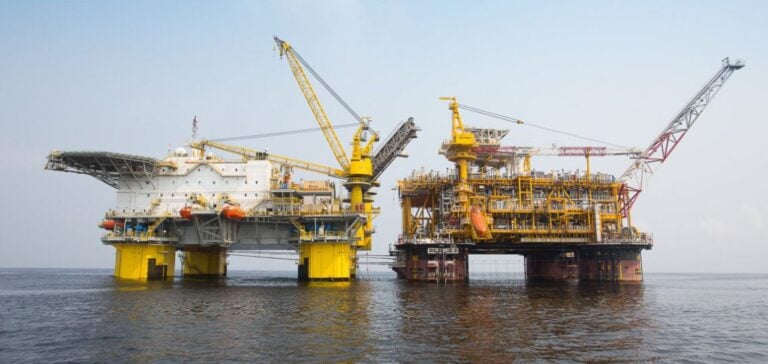The United States recently announced that it would not renew General License 44, which facilitated oil transactions with Venezuela. The decision comes after Venezuelan President Nicolás Maduro failed to make progress towards free elections. This situation is changing the dynamics of crude supply to Asia, potentially shifting more volumes to China.
India’s response and China’s rise
Traditionally, India has imported around 130,000 barrels per day of Venezuelan crude. However, faced with the new sanctions, Indian refiners are becoming cautious. This caution offers China an opportunity to capture these surplus volumes, with less competition.
Refinery economics and crude choice
According to S&P Global’s Wang Zhuwei, although the redirection of crude flows to China depends on the economics of Chinese refineries, the country’s refiners have the advantage of choice between various crude sources. This could influence their purchasing decisions, especially with attractive Venezuelan crude prices.
Outlook on prices and competition
With the reinstatement of sanctions, Venezuelan crude prices are expected to fall further, offering cargoes at competitive rates for China. A shipment of Venezuelan crude was recently concluded at a significant discount to Brent futures on the DES basis, illustrating this trend.
Consequences for independent refineries
Independent Chinese refineries, already affected by low margins in asphalt production from Venezuelan crude, could see an improvement if prices continue to fall. Weak demand for asphalt has reduced Venezuelan crude imports, but lower prices could revitalize the sector.
Thus, the new configuration of US sanctions could strengthen China’s position in the Venezuelan crude market, influencing supply strategies and price competitiveness on a global scale.





















